Exiled Queerness
The Archive: Queer Nigerians
Awarded the Principi Award at Lago Film Fest, Simisolaoluwa Akande’s film is an ode to queer people from the Global South.
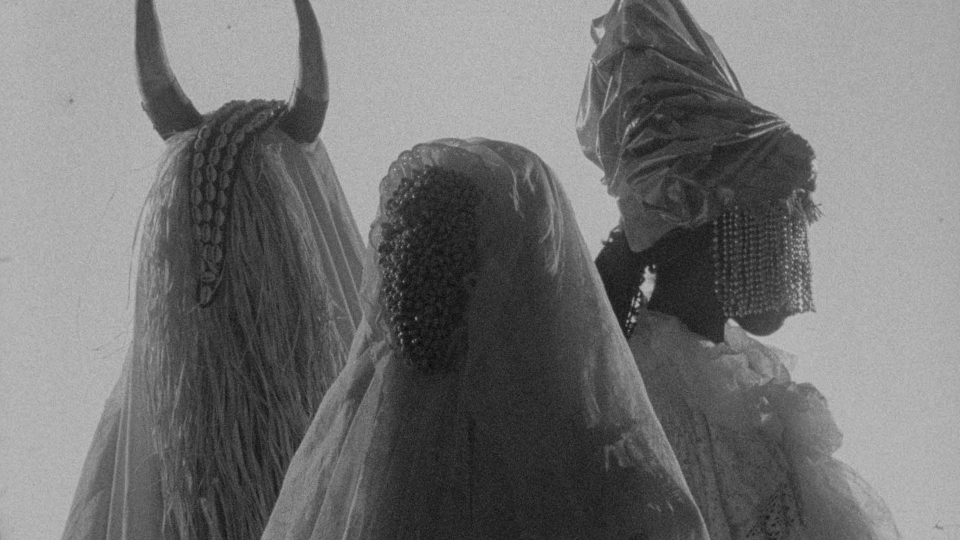
Like many people of colour, African-American drag queen Symone, growing up in Arkansas, was told that their queerness was not part of their heritage but anathema to Black culture. After winning season 13 of the immensely popular reality TV show RuPaul’s Drag Race, however, a 2021 New York Times article described her in starkly different terms: “A love letter to Blackness and Queerness,” celebrating the coexistence of her gender with her own history.
While not a documentary on drag queens, strictly speaking, Simisolaoluwa Akande’s poetic short film The Archive: Queer Nigerians (2023) aims for a similar goal. Drawing from the history, language, and culture of the Yoruba, one of the largest ethnic groups in Nigeria, the film sets to challenge the notion that “queerness is un-African”, and instead sheds light on the ways one’s culture and gender can coexist. For LGBTQ+ people all over Africa, that is no empty slogan, used as it routinely is to justify many forms of violence. In Nigeria, for instance, same-sex acts are criminalised and punished with prison sentences.
There’s a “never again” dynamic to Akande’s storytelling. Her premise is that Nigerian history and folklore, most of which is oral, are currently being stripped of all traces of queerness, inclusion, and acceptance, which are demonised as foreign influences that need to be weeded out.
Her shield and sword bring to life Yoruba culture, whose language is one of the most spoken in Nigeria, through ritualistic performances shot in black and white, sometimes in closed spaces, and sometimes in front of working-class residential blocks around London. The performers wear traditional costumes that do not reveal their gender. Indeed, the Yoruba language makes no distinction between “he” and “she”, but only employs the pronoun “they.” Akande relies on voiceover to describe what is, in fact, a long-gone reality, arguably changed by colonialism, in which “spirits dwelt as they are born of universal essence; boundless, bodiless, formless, yet full personified paradoxes… both gender-less and gender-full.”
As importantly, the director interviews five Nigerian immigrants in the UK to record their journey through queerness from childhood to the present, which she fuses with sensual black-and-white performances. This is where the film takes a more heartwarming and personal dimension. Transcending the classic interviewing style of many other documentaries, Akande decides instead to stay true to the oral traditions of her subjects, inviting them to share their vulnerabilities and journeys at the intersection of Blackness, African-ness, and queerness. Handled with sensitivity and care, their testimonies, all delivered in voiceover, are entwined with warm, colourful footage of the same subjects in more private and homely spaces—sometimes alone, other times with friends or loved ones.
One of Akande’s subjects, a trans man who has settled in the UK, recounts with a broken voice what he will do when he reconnects with his family after a long time apart. He thinks of shaving his beard and maybe wearing a wig to present a version of himself that his family will accept. Another interview, captured gently by cinematographer Bea Macdonald, finds two lovers snuggling in bed, in socks and underwear. The scene is narrated by a voiceover: “I wish my family could know the beauty of queer sex.”
Each with their own stories, the interviewees present a tormenting dilemma: staying true to themselves and avoiding harm, but at the same time yearning for familiarity, whether that entails coming out to a relative, visiting Nigeria again, or even returning to one’s family home and loved ones. Such a dilemma is the essence of Akande’s film, which works to humanise queer Nigerians in exile. The safe space that Akande was able to create for her subjects is reflected in the intimacy of her interviews, which allows them to mourn their own displacement. This safe space also gives characters agency in their journey to find a home in exile with ‘chosen families’ in spaces that provide them with solidarity and care.
In that, Akande’s film is an ode to queer people from the Global South who must forcefully (or willingly) abandon their home countries to settle in Europe, the US, or Oceania and leave behind the familiarity of a common language, culture, jokes, and gestures—losing access to family and loved ones and sometimes even good food in exchange for a more peaceful life where they can more openly express themselves, and might find love.
This text was developed during the European Workshop for Film Criticism #5—a tandem workshop set during Lago Film Fest and FeKK Ljubljana International Short Film Festival—and edited by tutor Leonardo Goi.
The European Workshop for Film Criticism is a collaboration of the European Network for Film Discourse (The END) and Talking Shorts, with the support of the Creative Europe MEDIA programme.

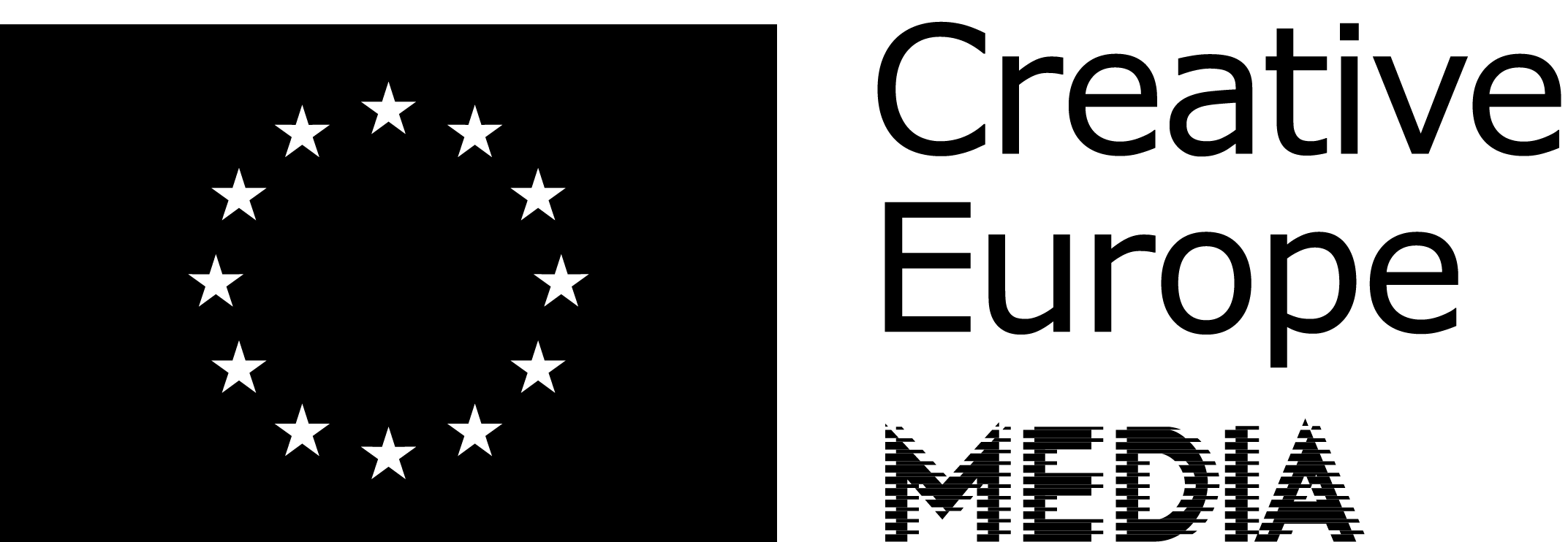
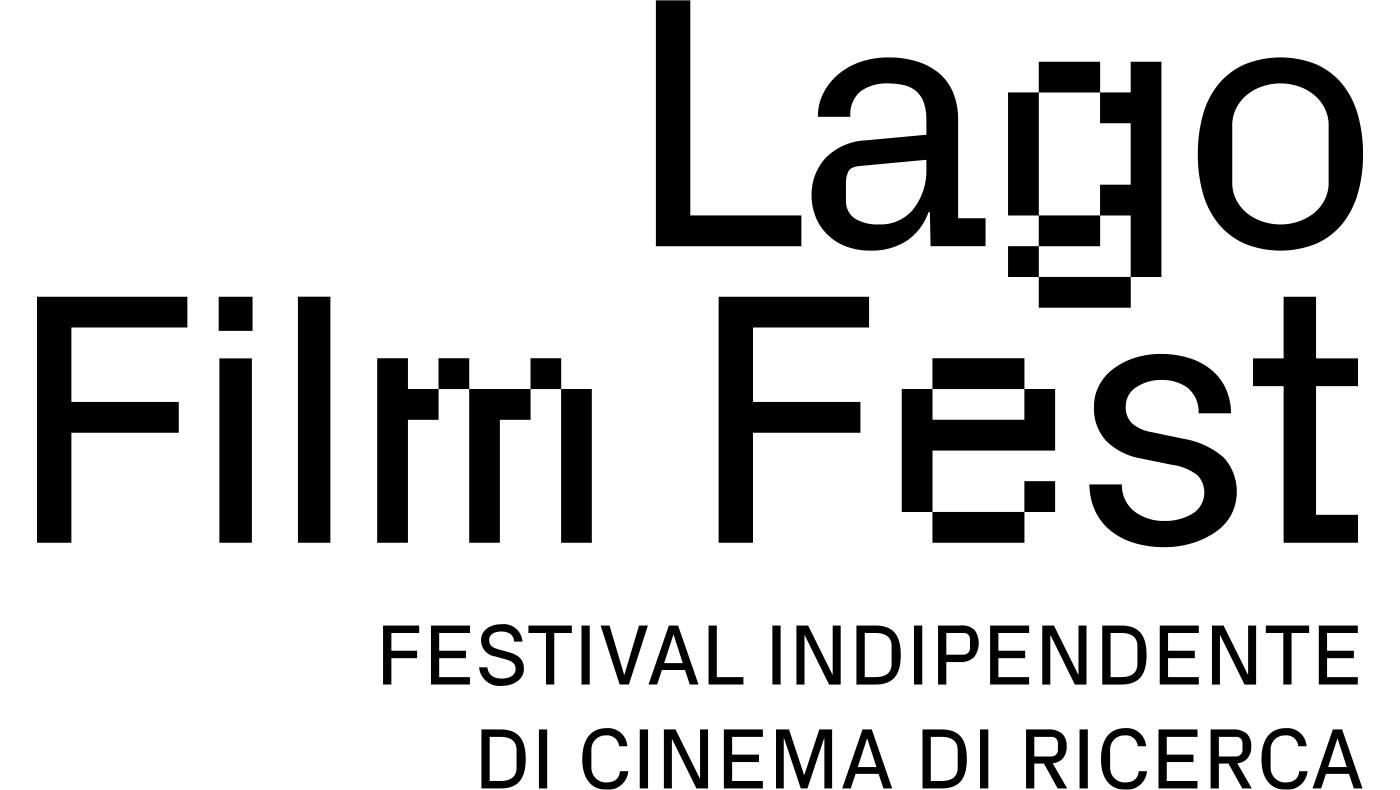

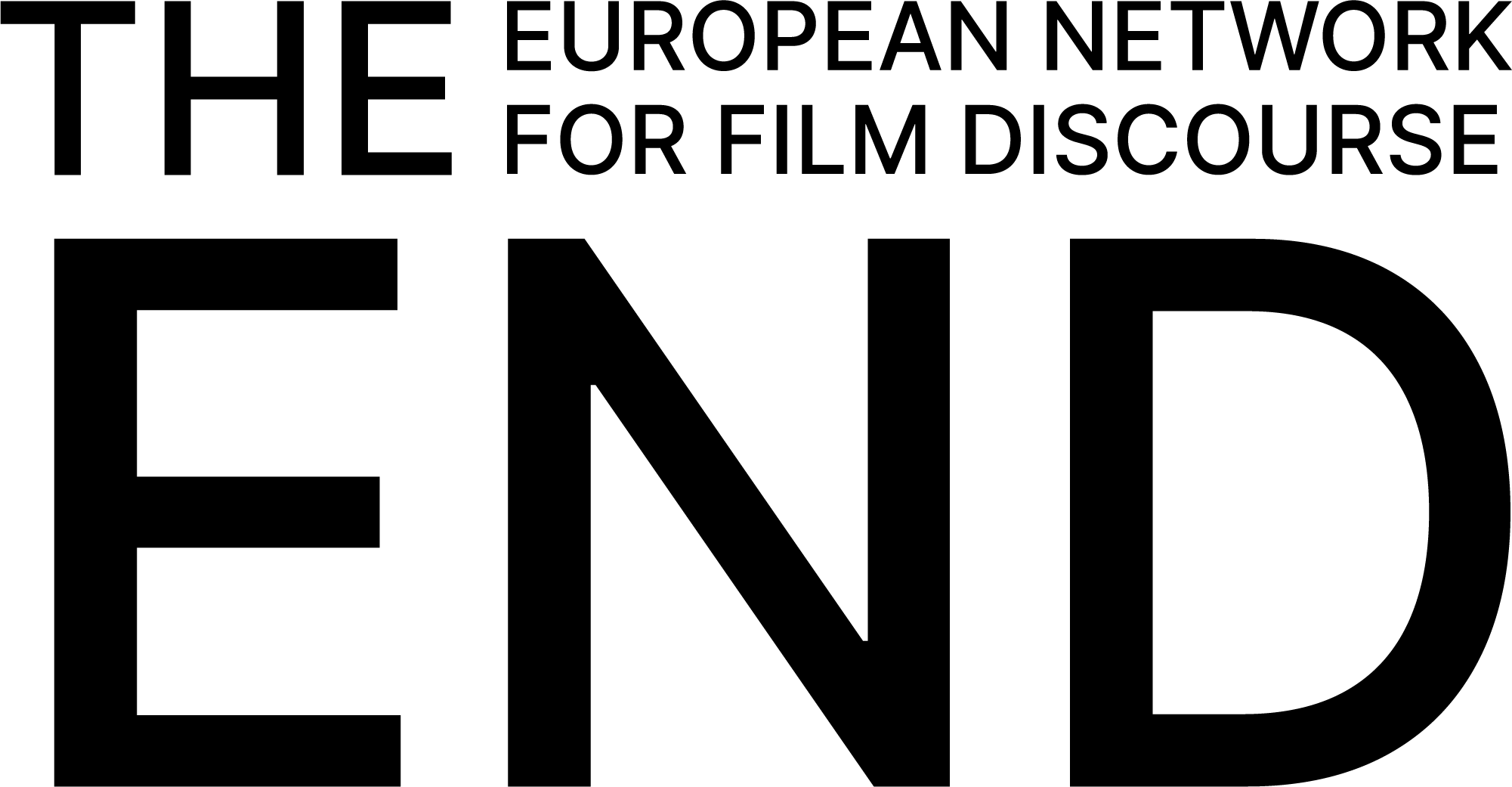
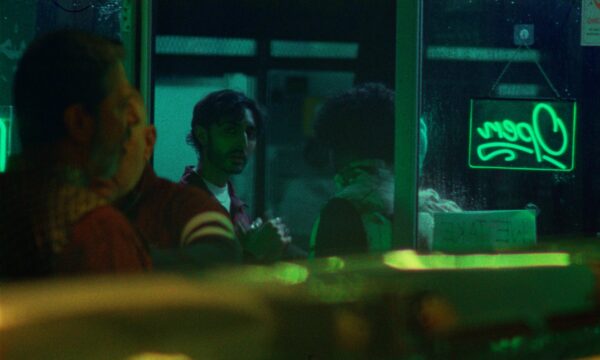
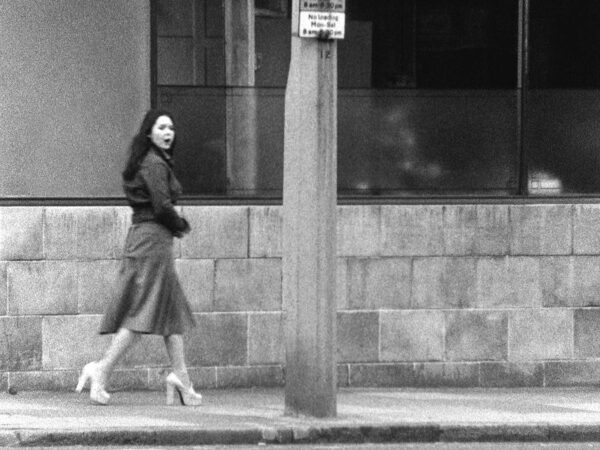
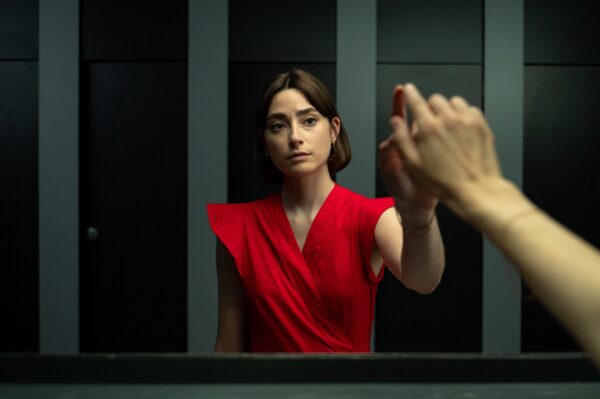

There are no comments yet, be the first!